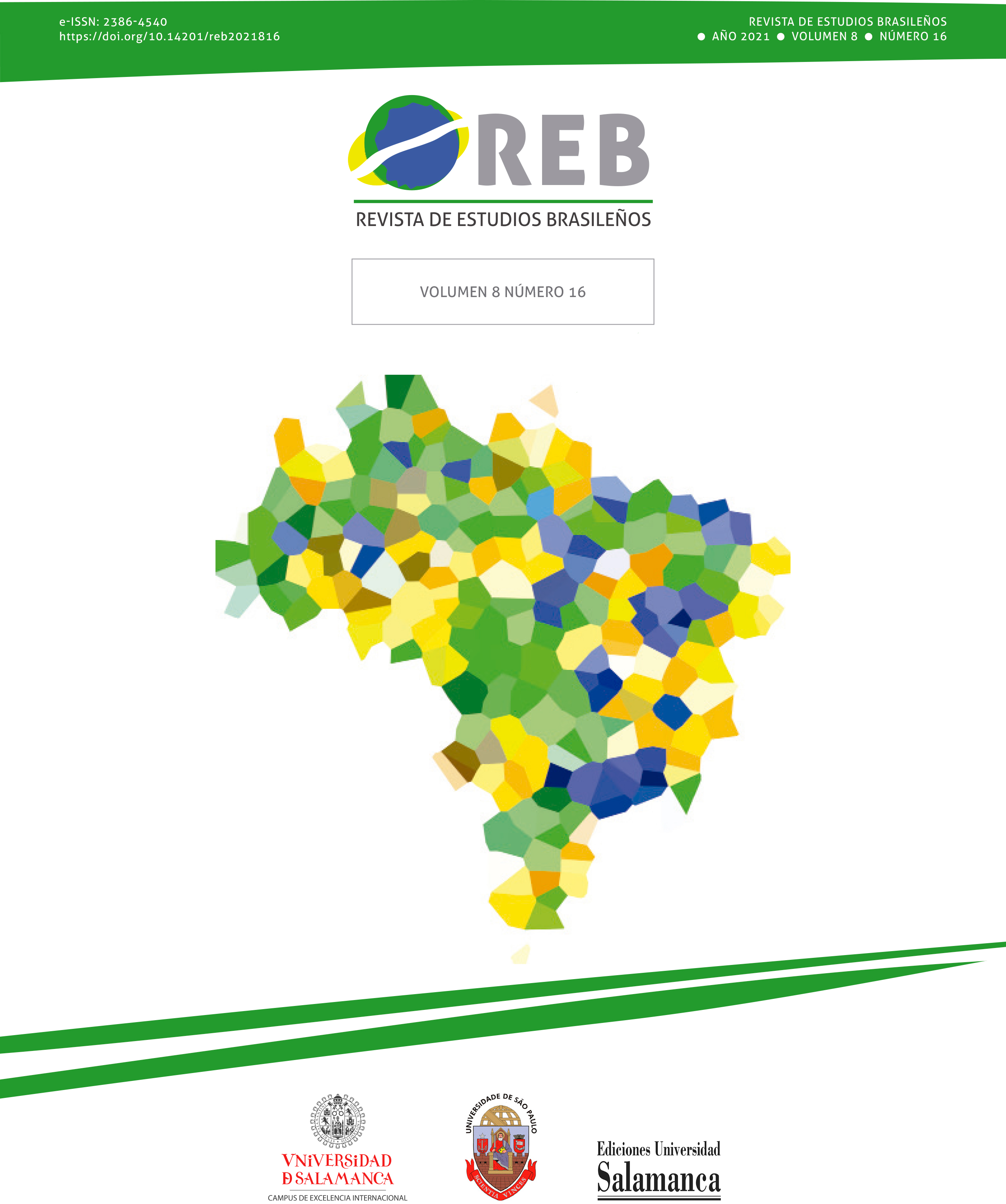Vol. 8 No. 16 (2021): First Semester 2021
Between the second half of 2020 and the beginning of 2021, the Covid-19 pandemic, caused by the Sars-Cov-2 virus, continued to grow at an alarming rate, reaching all parts of the planet and causing damage in all continents. Two of the most affected countries, certainly with different responses to the problem, were Spain and Brazil, where this journal is edited. The controversial reaction of the Brazilian authorities, with occasional lockdowns of little effectiveness, led to the rapid spread of the disease in the last months of 2020 and the first days of 2021. The situation became critical in many cities, especially in Manaus, where an alleged herd immunity was not enough to contain a new wave that, according to virologists, corresponds to a new strain of the virus, called "Brazilian variant". The expansion of this variant has caused a restriction on a global scale of air communications with Brazil, with the result that we currently have the lowest level of contact between the country and Spain/Europe in the last 20 years. No one is free from the severity of these facts and the impact they have and will have on international relations and economic, social, and academic exchanges between our countries. Fortunately, vaccination campaigns have begun, although they are progressing at very different rates in different regions and states. An objective observation shows that Brazil has low vaccination rates - per million inhabitants - even if the changes in the Ministry of Health, with the replacement of ministers, indicate that there is an effort to modify the situation and accelerate the pace of vaccination. From the Revista de Estudios Brasileños, we express our solidarity and sentiments of sympathy to the families and loved ones of the victims of this terrible disease.
With this number 16, the REB continues and reaffirms its commitment to the diffusion of research carried out in and about Brazil.
Happy reading!
Published:
2021-07-29
